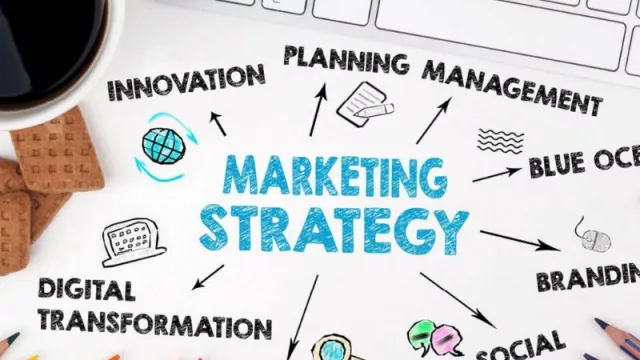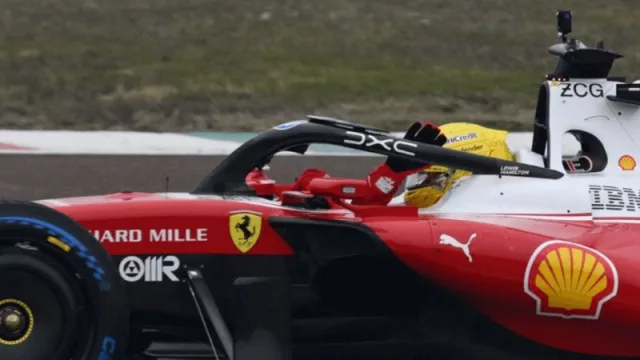When Day-to-Day Threatens the Long Term
Despite the importance of strategic planning, companies commonly find themselves entangled in the urgency of day-to-day operations. Immediate challenges, such as economic fluctuations, political changes, and social issues, tend to take center stage. This can lead to reactive tactical decision-making instead of proactive strategic execution.
Success in the marketing world lies in finding the right balance between daily tactics and long-term strategy. Both are crucial for the company's performance but must be managed in a complementary manner. Strategic planning provides the compass, while daily tactics ensure that the organization progresses toward its goals.
The Art of Strategic Planning
As highlighted by one of the most prominent strategists of all time, Philip Kotler, marketing departments play a crucial role in an organization's strategic planning. Defining long-term objectives and goals is essential for establishing a clear and sustainable direction. This planning extends beyond a calendar year, often spanning five years or more, and is grounded in solid branding, commercial, and economic principles.
The Challenge of Short-Term Pressures
Despite the importance of strategic planning, the business environment is often affected by short-term issues. The economy, politics, social context, and even the weather can directly influence decision-making, prioritizing immediate solutions. In this context, short-term tactics and actions may be delayed or inadequately executed, affecting the implementation of long-term strategy.
Effective Time Management
Efficient organization of working time is fundamental to achieving long-term goals without losing sight of daily demands. Making the team aware of this dynamic is essential so that they know how to manage and prioritize their daily activities without losing focus on the long-term strategic vision. The balance between short and long term is key.
The Value Chain and Its Vital Role
As argued by one of the contemporary marketing gurus, Michael Porter, the product or service's value chain is crucial. Every link in this chain adds value, and any failure can devalue the final product or service. The entire organization must be aligned with the marketing strategy to avoid losing value or opportunities. A misaligned organization risks becoming a mere commoditizer.
The conclusion that is often obscured by metrics to be quickly achieved and urgencies to be resolved:
A robust marketing strategy, including long-term planning, is essential for business success. In a world where daily demands can divert attention, aligning the entire organization is fundamental.
Companies that manage to strike a balance between short and long term, keeping their entire value chain focused on their strategy, are the ones that create and maintain sustainable value in the market.
Recommended Reading:
To delve deeper into this topic, we recommend the following books and articles:
-
"Marketing 4.0: Moving from Traditional to Digital" by Philip Kotler.
-
"Blue Ocean Strategy" by W. Chan Kim and Renée Mauborgne.
-
"Thinking, Fast and Slow" by Daniel Kahneman.
-
"The Lean Startup" by Eric Ries.
These readings will provide you with a deeper understanding of strategic planning in marketing and how to face short-term challenges in an ever-changing world.












Tu opinión enriquece este artículo: